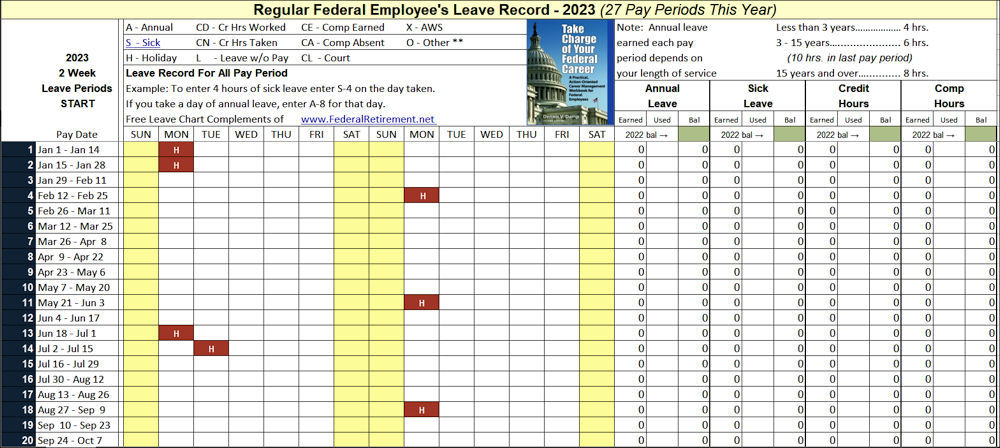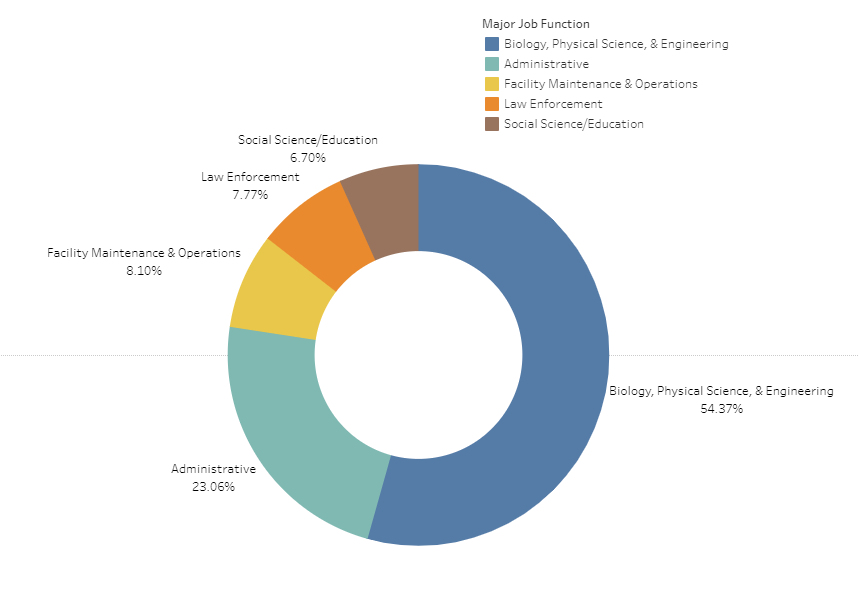Many seeking government jobs are searching for secure positions with good pay and benefits that many private sector companies don’t offer. Over the past 5 years there were several government shutdowns. When this happened, job hunters were hesitant to pursue federal civil service jobs.

When government shuts down, essential employees continue working to maintain primary functions. Employees labeled non-essential stay home. What most in the private sector don’t realize is furloughed employees full pay is restored after the shutdown according to the Government Employee Fair Treatment Act. Furloughed employees actually receive an extended paid holiday!
Federal non-essential workers living paycheck to paycheck could have a problem during extended shutdowns. Everyone, regardless of age needs an emergency fund to tap during these events. Since federal employee’s pay is restored after the shutdown, many companies will extend credit for the shutdown duration and reduce or eliminate late fees for the period.
Continue Your Job Search During Shutdowns
Even though there will be hiring freezes during these events, jobs will still be posted for critical positions on USAJOBS. Human resource offices often extend job vacancy announcement closing dates to allow applicants to prepare and apply. Agencies know shutdowns are short lived and they need to back fill for retirements and fill essential vacancies.
These events can actually be beneficial to those who understand the impact shutdowns have on recruitment in general. Many potential applicants forgo their government job search and move on elsewhere. This reduces the number of applicants, and improves the changes of those who stayed the course and keep applying.
(adsbygoogle = window.adsbygoogle || []).push({});Low Unemployment Rate Creates Opportunities
Companies and governments across the spectrum are competing for a limited number of applicants. There are far more jobs than there are applicants to fill them. When recruiting resumes after a shutdown, agencies may provide incentives such as relocation allowances, negotiate starting salary, pay off student loans, offer remote work possibilities, and even pay sign-on bonuses for certain careers.
Working Remotely
Occupations that can function remotely are now rather common in the private sector and growing in the federal sector as entities have to compete for the limited talent available. The possibility to negotiate working at least part of the week remotely is not uncommon today.
According to an Office of Personnel Management government-wide survey released in October, nearly 40 percent of federal workers said they work fully remotely or at home three or more days a week. Another 17 percent say they are at home one or two days a week.
Summary
Even with the threat of a federal government shutdown, locate job vacancy announcement, and draft your application package and federal style resume. You may find far more opportunities than you imagined.
High paying federal jobs offer tremendous benefits included a three tiered retirement system with a fixed annuity, generous sick and vacation leave, flexible schedules and jobs worldwide.









